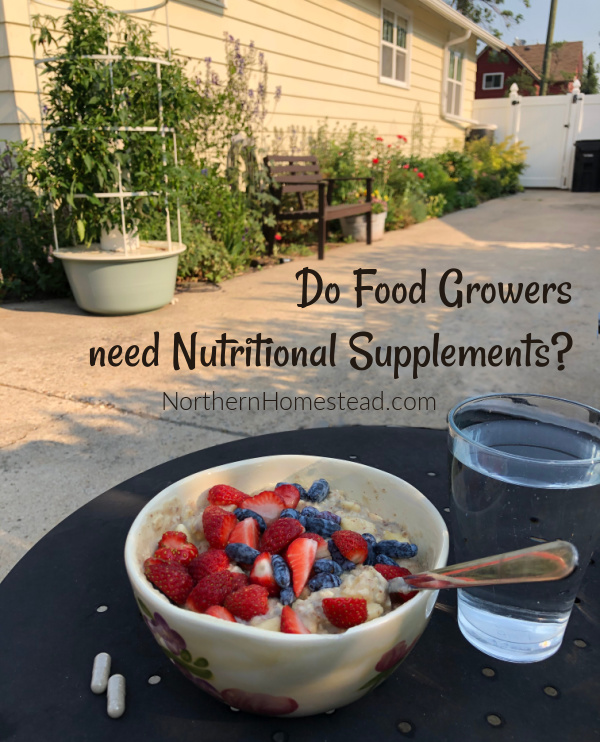
Northern Homestead focuses on growing, preserving, and preparing nutritious food. Despite our cold climate and short growing season, we strive to have homegrown food year-round. We do not claim to be self-sufficient; instead, we enhance our diet with high-quality food in ways we can. A question often arises: Do food growers still need nutritional supplements? Today, let’s explore this topic. As always, we share our perspectives as everyday users.
What are nutritional supplements?
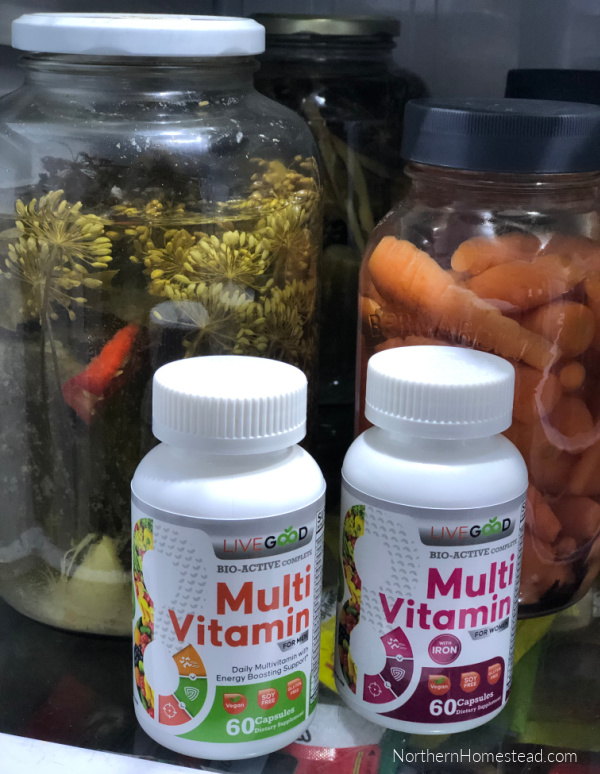
Nutritional supplements are substances incorporated into one’s diet to enhance overall health and well-being. Typical examples are vitamins, minerals, herbs, amino acids, and enzymes. They can come in various forms, such as tablets, capsules, powders, and liquids.
This blog post discusses how supplements can help fill nutritional gaps in one’s diet.
Supplements can also support specific health goals, such as muscle gain or immune support, and address deficiencies arising from dietary restrictions. In this case, it is essential to consult a healthcare professional before starting any supplement regimen to ensure that it aligns with your health needs and conditions.
Not all supplements are the same
Nutritional supplements have been utilized since the dawn of human existence. Eating food provides essential nutrients to our bodies, and concentrating specific nutrients into supplements allows us to meet our nutritional needs more effectively.
In today’s world, the term “supplements” often refers to tablets or liquids sold in health food stores. The supplement industry began flourishing when humans discovered methods to isolate vitamins and minerals and replicate their chemical forms.
Just as an N-P-K fertilizer can be beneficial for plants but in high concentration harmful to the soil, isolated high-chemical vitamins can be helpful in certain conditions—as discussed with your doctor—but may be detrimental for daily use.
A prime example is folic acid and ascorbic acid. Both are important dietary supplements and exist in chemical forms. Ascorbic acid, commonly known as vitamin C, is beneficial when taken with food; however, excessive doses of folic acid can be harmful.
When shopping for multivitamins to enhance our diet, we should seek combinations of primarily natural vitamins and minerals that help us fill the gaps in our daily nutrition.
What nutritious supplements to use
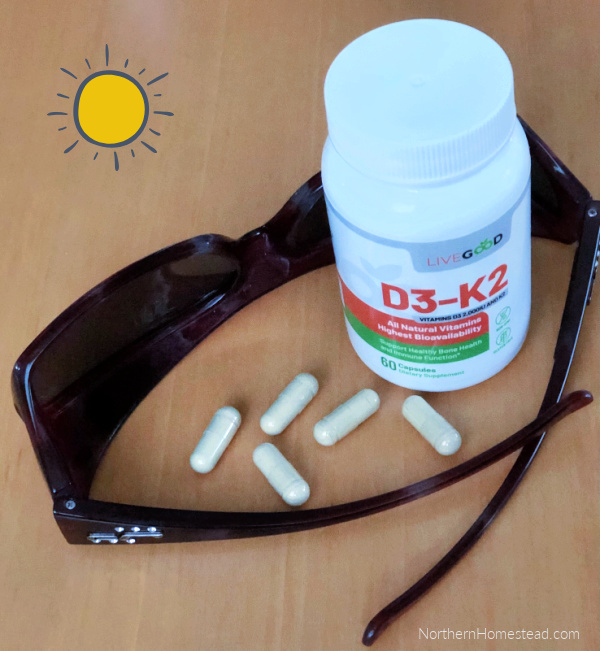
The primary supplement we take is vitamin D3, preferably combined with K2. Vitamin D is known as the “sunshine vitamin,” and gardeners typically get enough of it during the gardening season unless they are covered from head to toe or garden before or after the sun is out. We mainly obtain vitamin D from direct sunlight on our skin. In our northern climate, we cannot get any vitamin D during the off-season because the sun is at a low angle in the sky. Therefore, supplementing with vitamin D3 is essential.
I still remember my first winter in Canada. It was somewhere around February when I shared with a friend that I felt a bit drained. She immediately asked if I was taking vitamin D. I looked at her, puzzled about what she meant. She said we did not get enough of it here because of the lack of sunshine and that we needed to take a supplement. I almost burst out laughing. I had not lived anywhere before with so many sun-hours as we get right here. No, no, she explained, the winter sun is too low in the sky to get vitamin D from. I followed her advice, but I admit I was a bit skeptical. The difference was so noticeable that I was convinced.
Vitamin B12 is essential for everyone, particularly those on a plant-based diet. Given the stress of modern life, supplementing other B vitamins may also be beneficial. I prefer to cover all my needs with a good multivitamin. With a healthy diet, we usually don’t require a high amount of vitamins, so a supplement that recommends taking two capsules a day is perfect. We take one and save half the cost!
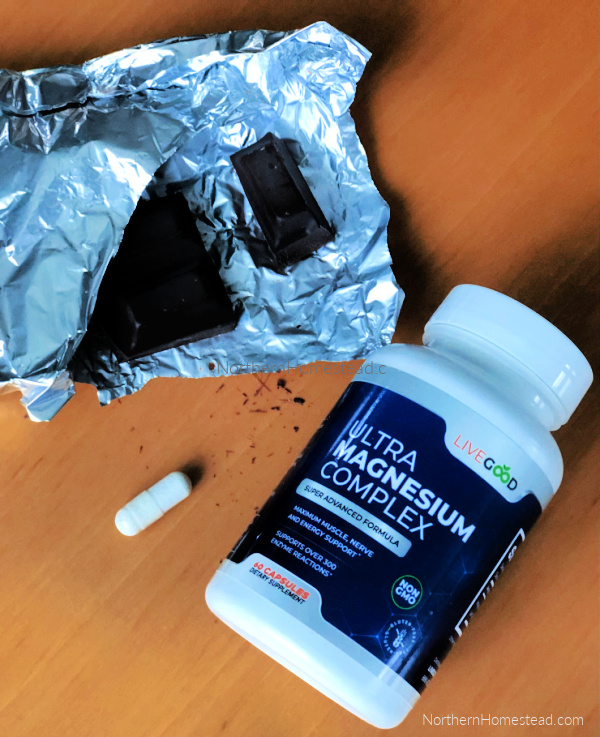
Did you know that if you crave chocolate, especially in the afternoon, it may indicate a magnesium deficiency? I do not suggest living without chocolate, even though we can’t grow it right in our garden, but magnesium supplements might be a better choice than excessive chocolate consumption. Oh, and by the way, dark chocolate is the best, would you agree?
Supplemental super foods
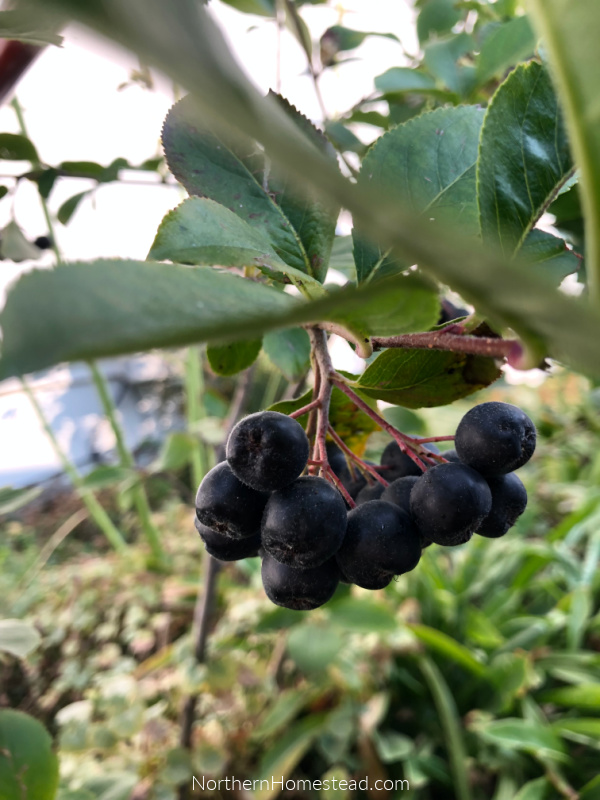
We all know the benefits of fresh, colorful fruits and vegetables. Dark greens, like kale and broccoli, and colorful berries, like Aronia and goji berries, are especially packed with nutrients. I love walking through the garden from early spring to late fall, snacking on various delicious plants.
Greens and berries can easily be preserved by freezing, making them a great addition to smoothies or meals. If you’re unable to grow them or don’t have enough to last through the winter, supplementing with organic super greens or red powder is a good idea. These supplements are all-natural and so beneficial.
What nutritional supplements would we recommend?
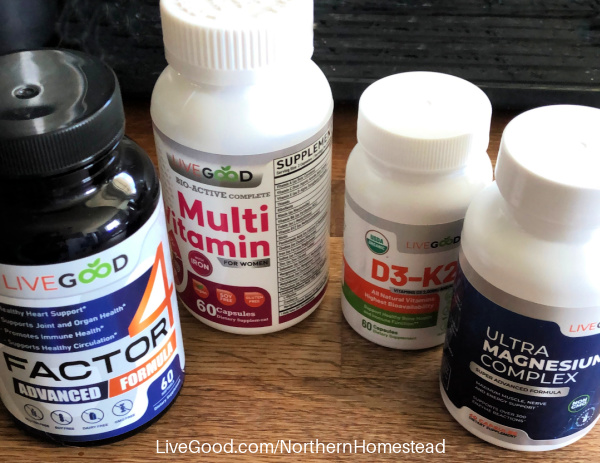
LiveGood is dedicated to staying at the forefront of science and nutrition technology. They pride themselves on creating only the highest-quality products at affordable prices, and they ship worldwide.
If you are looking to supplement your diet, we would recommend LiveGood. Stay healthy and keep on growing!
We invite you to subscribe to Northern Homestead and follow us on Instagram, Facebook, or Pinterest for the latest updates.
More Blog posts you might enjoy

How to Hand Wash a Wool Comforter
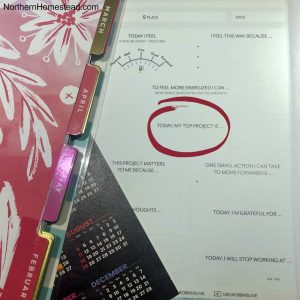
Making Progress on One Important Thing a Day

Implement the FlyLady System to Support Homesteading

5 Kitchen Tools to Save Money on Food

DIY and Low-Cost Windows and Doors Insulation Options
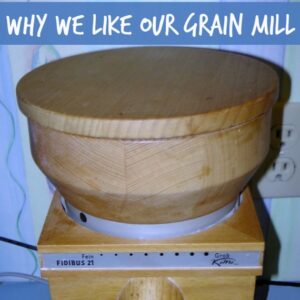
Why We Would Recommend a KoMo Fidibus Grain Mill
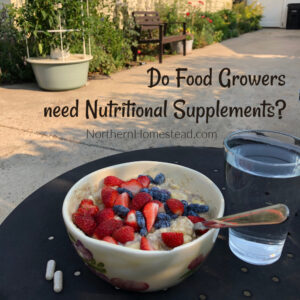
Do food growers need nutritional supplements?
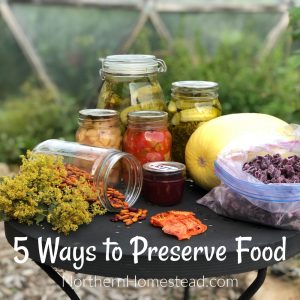
5 Ways to Preserve Vegetables, Fruits, and Herbs

Heating your Home with a Wood Stove in Town
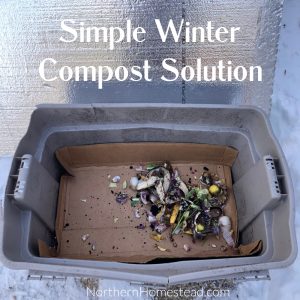
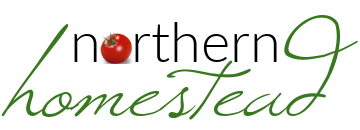
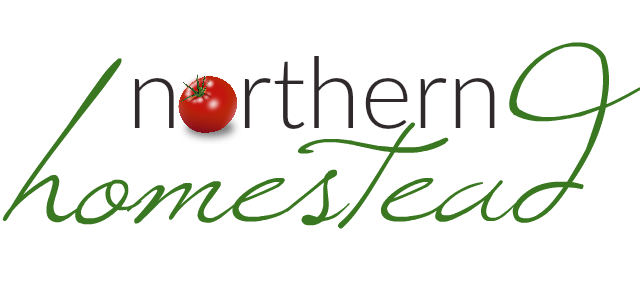
Leave a Reply